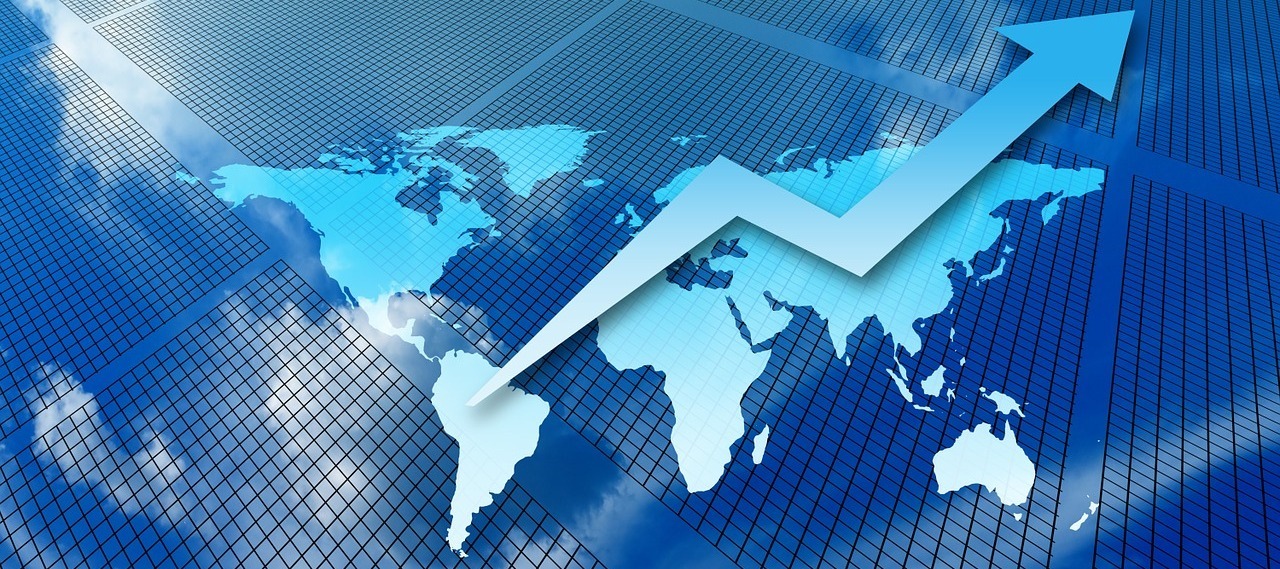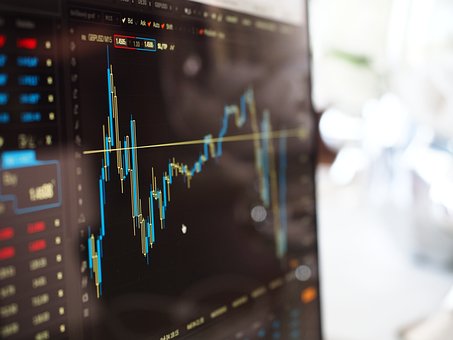
Shares climb again as energy price dip eases stagflation fears
World stock markets got their foot back on the gas on Thursday as hopes grew that Washington could resolve its debt-ceiling squabbles and a global drop in energy prices tempered deepening fears of "stagflation".
Europe's bourses rallied off 2-1/2-month lows as easing oil and gas prices offered relief after a shock 4% drop in German industrial production, which highlighted the toxic "stagflation" risk of runaway inflation and moribund growth. read more
The pan-European STOXX 600 index (.STOXX) rose 1.1% in broad-based buying to reverse weekly losses, with miners (.SXPP), utilities (.SX6P) and carmakers (.SXAP) all driving higher.
Bond market borrowing costs also calmed after a sharp spike a day earlier that had taken the region's benchmark government yields to their highest point since June.
"We do not believe that the current price of energy will have a significant negative impact on the economy... Even with oil at $130 or $150 equity markets and the economy could function well," pointing to 2010-15 when oil averaged more than $100 a barrel and markets did just fine.
Oil was down more than 2% and gas prices dropped more than 3%, helping European gas futures fall back from record highs.
Gas prices are up more than fivefold since the start of the year, and the huge increase over recent weeks has attracted attention from policymakers across the world.
Britain’s National Grid said the UK faced tight electricity supplies this winter while local media reported that Spain's Energy Minister had summoned the top executives of its three main electricity firms.

BACK TO THE FUTURES
U.S. futures also bounced, with S&P 500 futures rising 0.5% after wild swings on Wednesday fuelled by hopes that congressional Democrats and Republicans could reach a deal to avert a government debt default.
"This means President Biden and Congressional Democrats would be able to finish their fiscal spending package – now estimated at around $1.9-2.2 trillion," said Deutsche Bank strategist Jim Reid.
MSCI's broadest index of Asia-Pacific shares outside Japan (.MIAPJ0000PUS) closed up 1.8% overnight, its biggest one-day rise since August.
Hong Kong (.HSI) led Asia's gains with a 3% bounce off a year low. South Korea's Kospi (.KS11) gained 1.8%, Australian shares (.AXJO) rose 0.51%, and Japan's Nikkei (.N225) firmed 0.5% to snap eight days of losses.
The dollar was steady, not too far from 12-month highs hit last month against a basket of currencies and holding at a 14-month high against the euro.
The yield on benchmark 10-year U.S. Treasury notes was at 1.53%, off Wednesday's 3-1/2-month high of 1.57%. German Bunds hovered at a still negative -0.19% and gold dipped 0.2% to $1,759.89 per ounce.
© 2021 LeackStat.com
